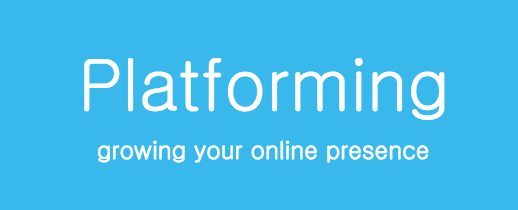
Writers Chat Recap for January
Writers Chat, hosted by Johnnie Alexander, Brandy Brow, and Melissa Stroh, is the show where we talk about all…
January 31, 2025
Writers Chat, hosted by Johnnie Alexander, Brandy Brow, and Melissa Stroh, is the show where we talk about all…
January 31, 2025
A visit with college buddies reminded me of the bonds we create over shared experiences. The photo album teased…
November 3, 2022
Writers Chat, hosted by Jean Wise, Johnnie Alexander, and Brandy Brow, is the show where we talk about all…
June 20, 2021
After conquering the first challenging rock face, I paused to look down at the path we had just climbed.…
January 11, 2021
Do you want to take your creativity and problem-solving abilities to a new level? Diversify your inputs. Increasing the…
September 8, 2020
I’m writing this post at a time when our world is in shut-down mode. Stores are closing their doors,…
April 5, 2020
As an adult, writing has been a mainstay of my professional career. I majored in journalism, interned at newspapers,…
February 16, 2020
Last month I talked about how useful critiques are for writers, because they provide important feedback that helps us…
February 8, 2020
One of my favorite quotes from a fictional character is Anne Shirley’s profound declaration that, “Tomorrow is always fresh,…
January 5, 2020
Are you interested in trying to write poetry for the first time? Or maybe you’ve been writing poetry but…
June 5, 2016
Smart writers invest in workshops, courses, and conferences. Smart and savvy writers will also invest time in building their…
May 16, 2016
A few days before the deadline for this blog I had some time to begin thinking about the next…
January 12, 2016